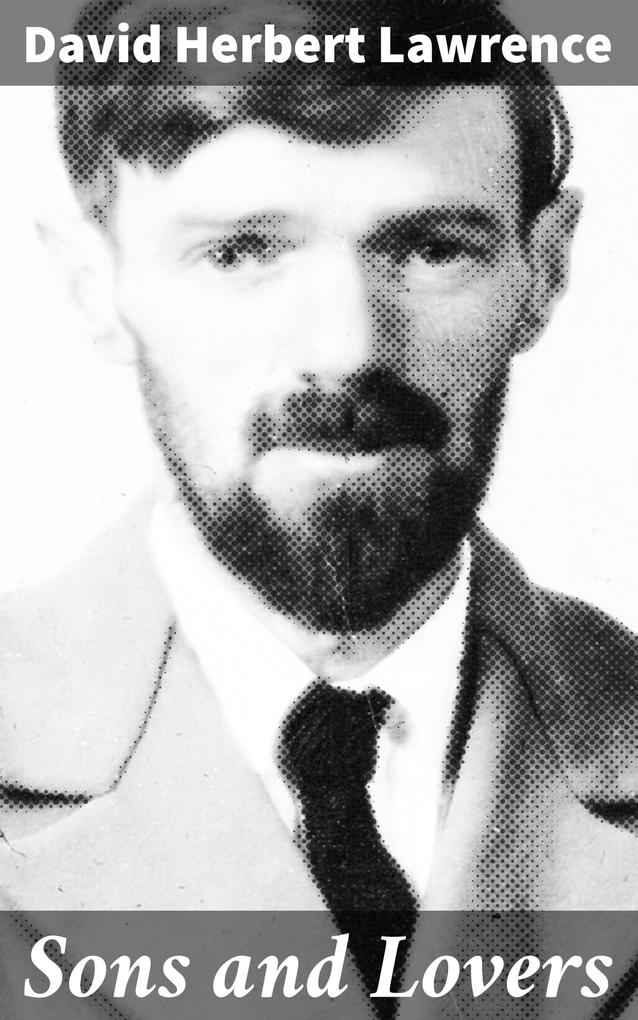Bücher versandkostenfrei*100 Tage RückgaberechtAbholung in der Wunschfiliale

Sofort lieferbar (Download)
David Herbert Lawrence's "Sons and Lovers" delves into the complex relationships within a working-class family in early 20th-century England, primarily focusing on the tumultuous bond between Paul Morel and his emotionally manipulative mother, Gertrude. Employing a vivid and expressive literary style that blends naturalism with psychological depth, Lawrence explores themes of love, sexual tension, and the struggle for individuality. This seminal work, often regarded as an autobiographical reflection of Lawrence's own life, captures the essence of the industrial era, characterized by socio-economic constraints and familial pressures, weaving a narrative that transcends its time. David Herbert Lawrence, born in 1885 in Eastwood, Nottinghamshire, drew extensively from his own experiences and background as the son of a coal miner. His upbringing profoundly influenced the themes in "Sons and Lovers," where the conflict between aspiration and the emotional longevity of family loyalty is deeply examined. Lawrence'Äôs intimate understanding of the struggles of the working class and his acute awareness of psychological dynamics fueled his passion for creating complex characters, all of which resonate powerfully in this novel. I highly recommend "Sons and Lovers" to readers who seek not only a compelling narrative but also an insightful examination of human relationships and personal aspirations. Lawrence'Äôs exploration of love, emotional conflict, and social constraints makes this novel a timeless classic that remains relevant to modern audiences.
Produktdetails
Erscheinungsdatum
08. Dezember 2020
Sprache
englisch
Seitenanzahl
388
Dateigröße
0,85 MB
Autor/Autorin
David Herbert Lawrence
Verlag/Hersteller
Kopierschutz
mit Wasserzeichen versehen
Family Sharing
Ja
Produktart
EBOOK
Dateiformat
EPUB
ISBN
4064066062040
Entdecken Sie mehr
Bewertungen
0 Bewertungen
Es wurden noch keine Bewertungen abgegeben. Schreiben Sie die erste Bewertung zu "Sons and Lovers" und helfen Sie damit anderen bei der Kaufentscheidung.








